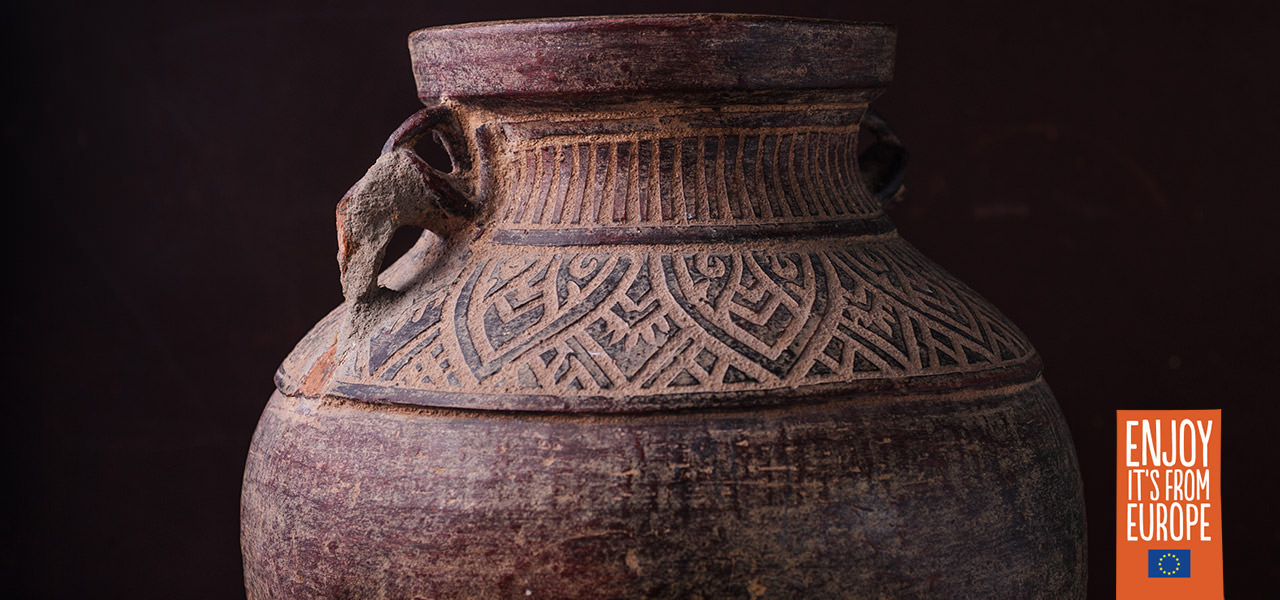
The domestication of the olive tree probably took place over 5000 years ago in the Asia Minor and the Middle East. Olive oil has been a constant companion to mankind’s development straight through to today.
The wild olive tree grew spontaneously in the east of the Mediterranean basin. It was a protagonist in the most remote reaches of ancient human history. It is often mentioned in biblical texts and there are documents that attest to its presence and trade going back to the 15th century BCE.
In Spain, the cultivation of olives was introduced by the Phoenicians in 1100 BCE and was then developed thanks to its economic relationship with Greece. However, it was only in 206 BCE following the Roman conquest of Hispania that the production of olives became significant.
In the Medieval period, the uses of olive oil were not limited to the kitchen, but also included household lighting, the production of soap and the manufacture of fabrics. For those purposes, olive oil was very useful and it was difficult to find a substitute. Its medical use in various balms and medicines appears in the medical literature of the time.
Today, olive oil is a patrimony for everyone both for the values described above and its overwhelming ubiquity in the Mediterranean diet.
Because of its importance and the role it has played over the various historical periods up until the present day, it can be considered (together with wine) as the core of the food culture of all the civilizations that faced onto and still face onto the Mediterranean basin.
It is not by chance that it is considered one of the cardinal staples of the Mediterranean diet, and as of November 2010, has been included in the Intangible Cultural Heritage Lists of all humanity.
